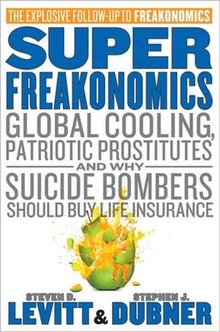This article was posted by The Washington Post. Although this outlet has faced criticism from conservatives regarding its reliability, this article is an editorial and demonstrates only the author’s thoughts. The author, in this case, is Robert J. Samuelson. He has been a reporter since the 1960s. In this particular article, he addresses the issue of taxation in America. As the title indicates, Samuelson believes that taxes are bound to go up. He states that, despite Trump’s tax reform promises, and a growing conservative reaction from Americans, we are on course to need money in the government, and taxes will be raised.
The author begins the article with a very direct statement. He says, “Let’s be clear: America is an undertaxed society.” This establishes the principle behind his thesis. Taxes will go up because, above all, they are too low. Later, he adds to why we “need” more tax with why we should “want” more tax. He talks about tax relief and says, “tax relief would go to low- and middle-income households with children — a deserving group.” It is hard to justify denying impoverished children the money they need to survive, and so the natural desire to help others would incline us to use more tax money.
Ultimately, the question of taxation is going to be a polarizing one. It pits the wealthy against the poor. The wealthy argue that handouts will remove the work ethic of the poor and discourage them from working. However, the same argument could be made that tax cuts for the wealthy reduce their work ethic because it would allow them to make more money off less work. It really comes down to decency. No society should be able to sleep at night knowing that so many didn’t eat dinner. However, it is up to those not eating to prove they are worth feeding.
https://www.washingtonpost.com/opinions/taxes-will-go-up-heres-why/2017/04/30/830294d6-2c45-11e7-b605-33413c691853_story.html?utm_term=.d390ea1f838b
